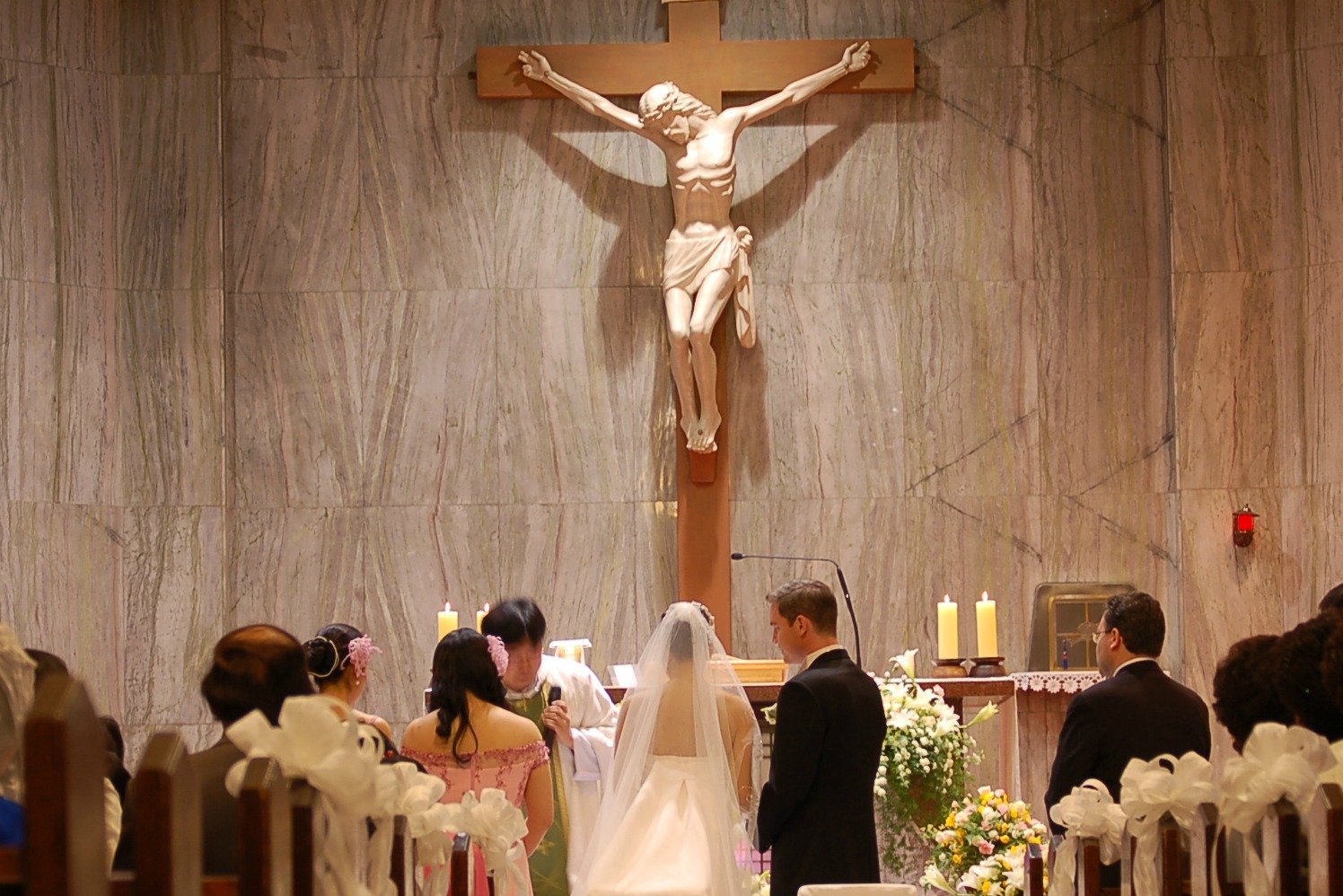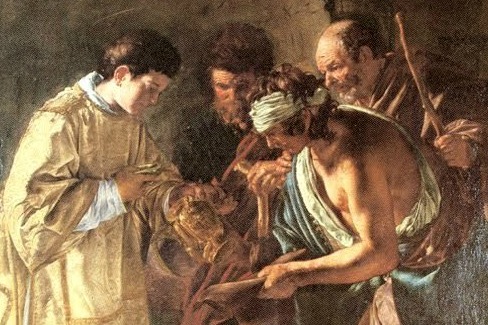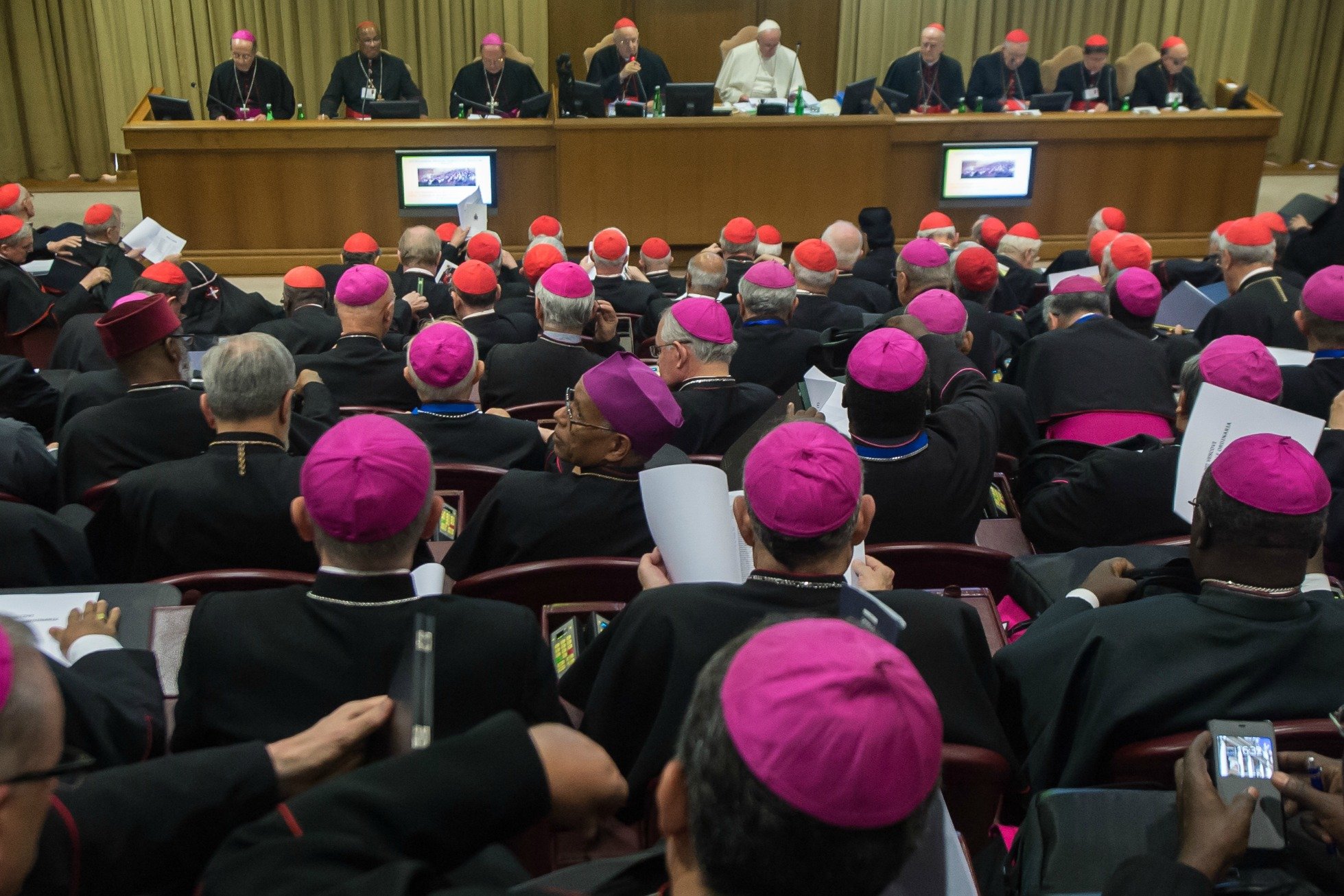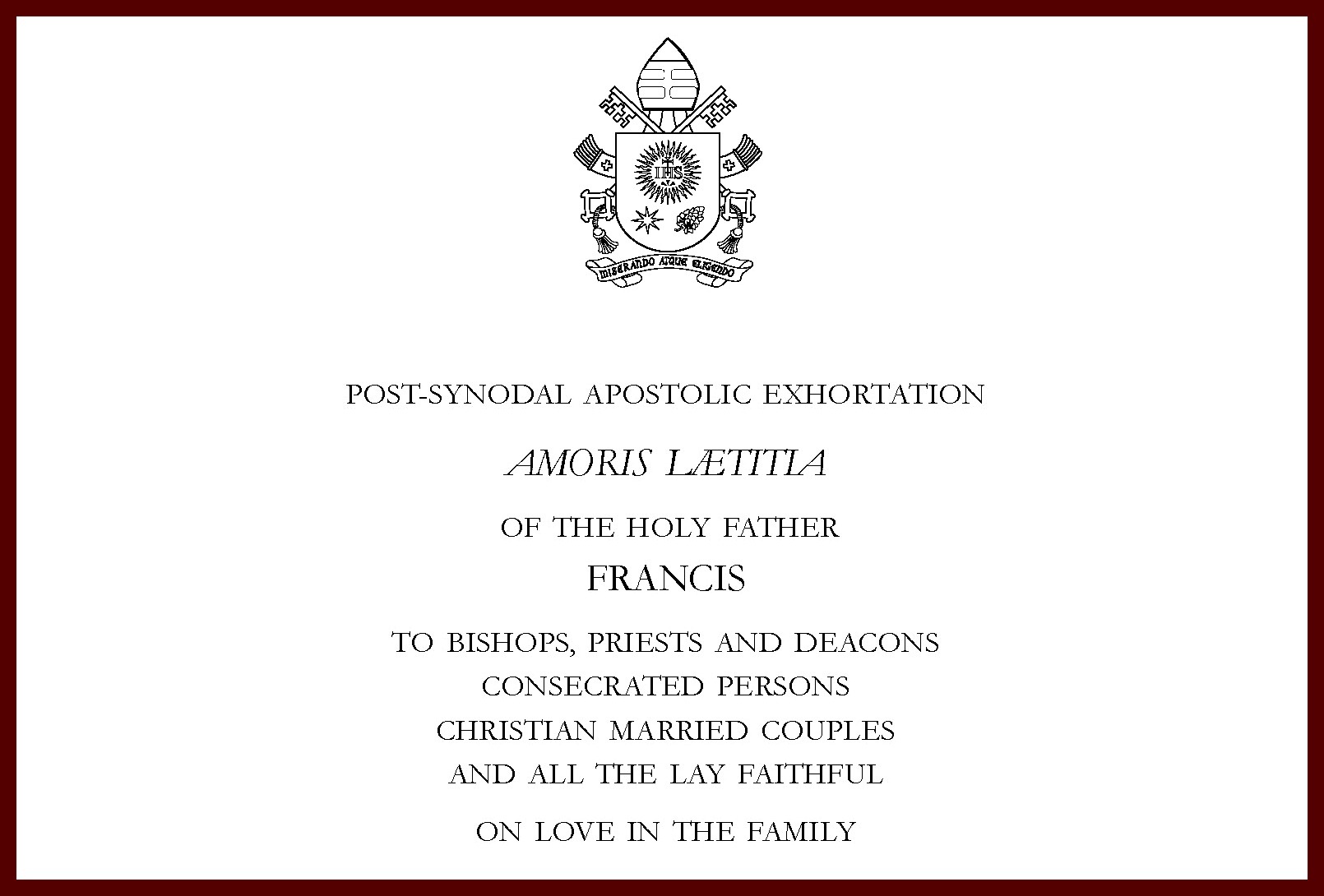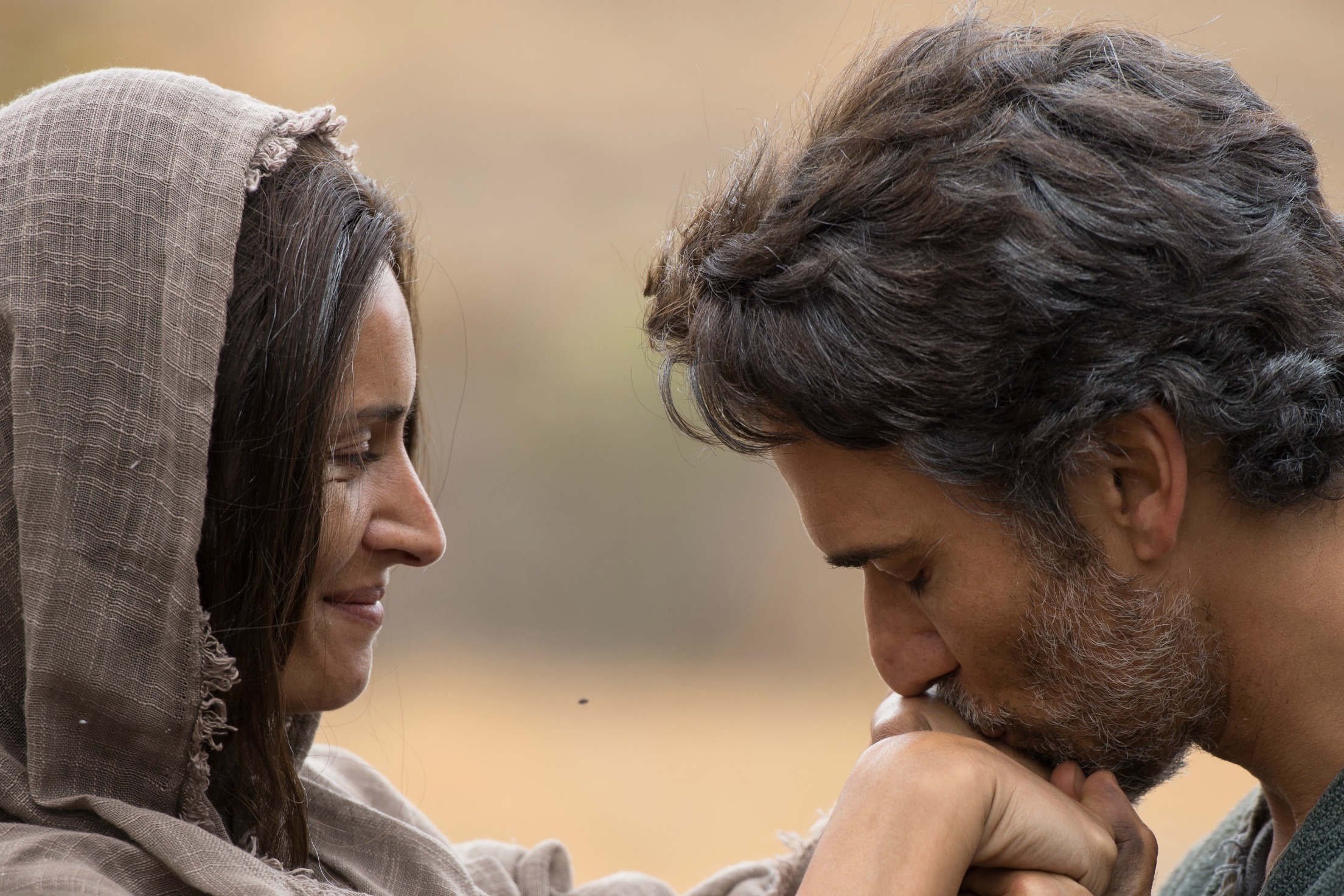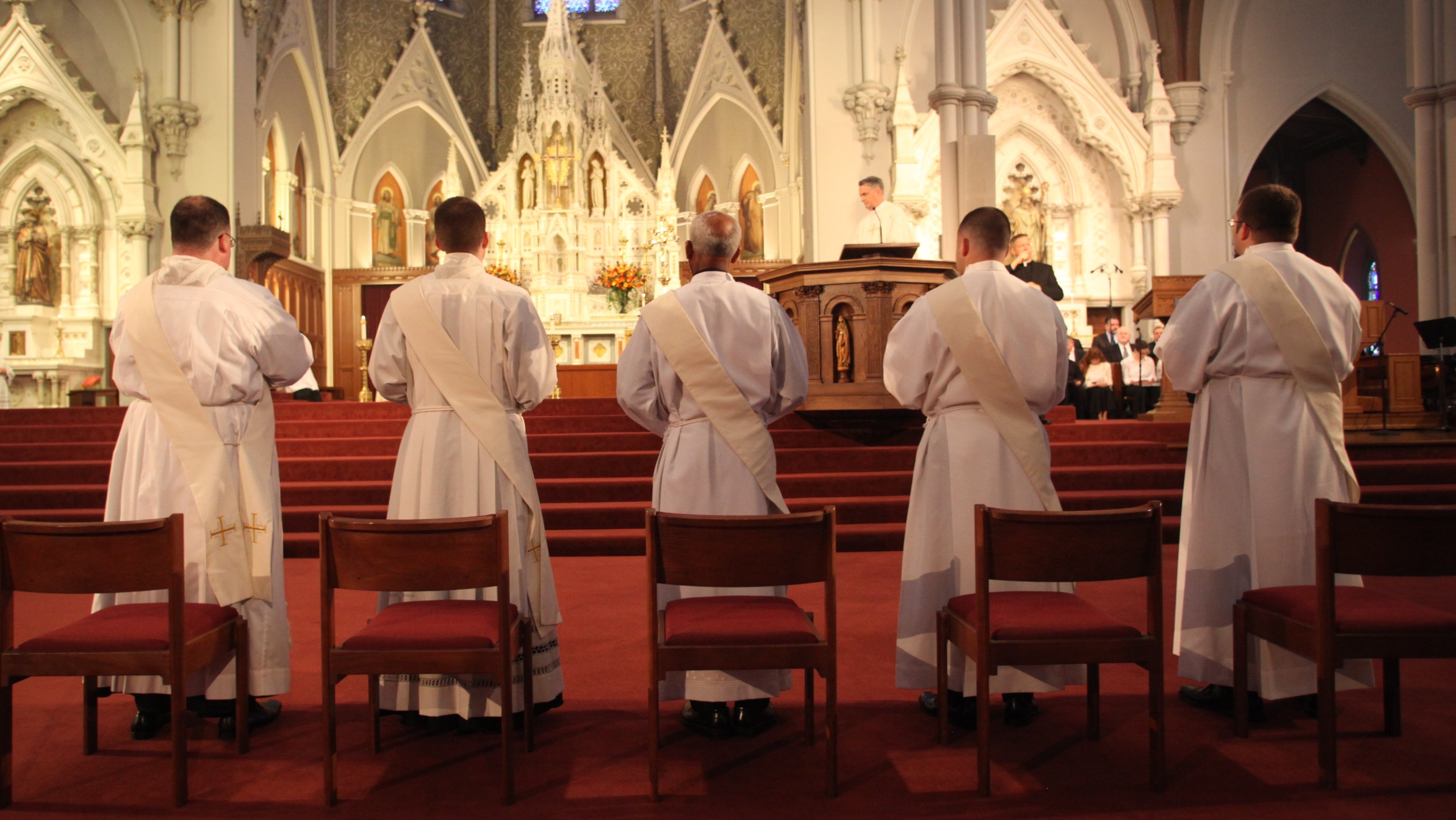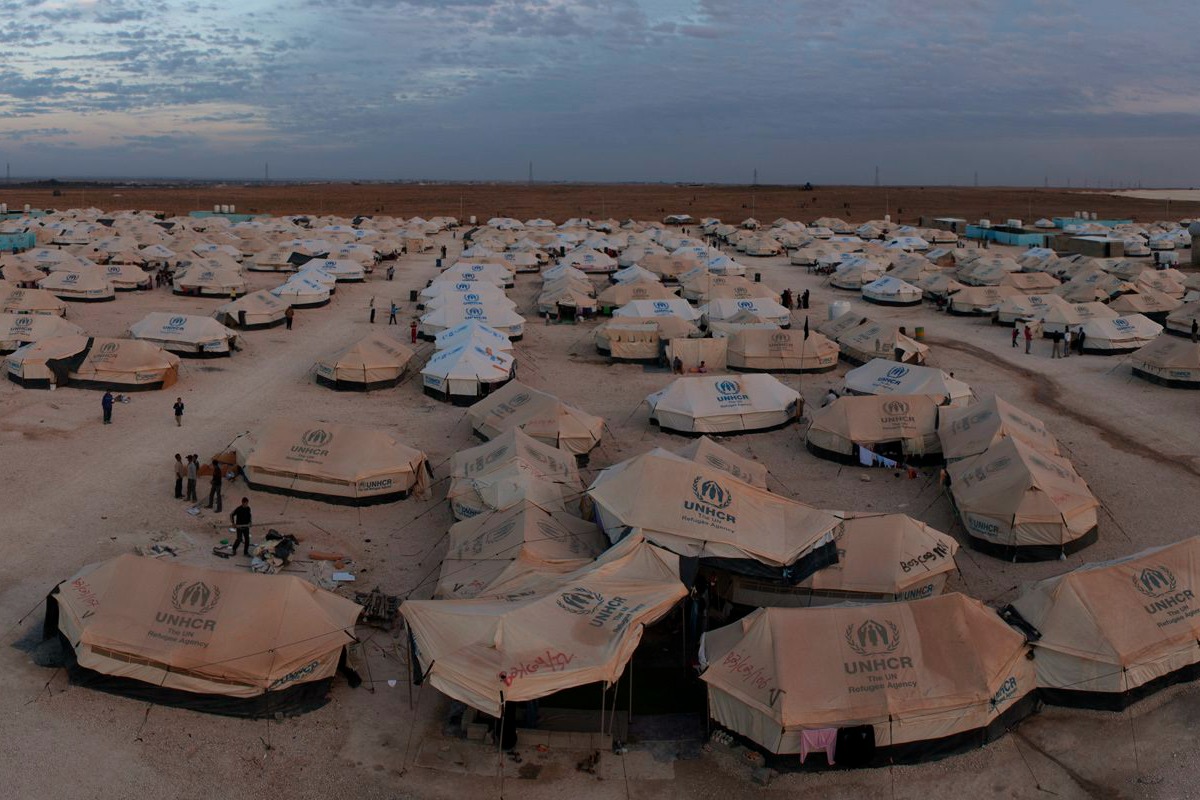Within Catholicism, there is a significant vocation crisis, and it relates to the sacrament of marriage. In 1970, there were 426,309 sacramental celebrations of marriage in the United States with a Catholic population of 51 million.[1] In 2015, there were 148,134 marriages with a Catholic population of 81 million. While quantitative data does not tell a narrative, it remains the case that sacramen...
All posts filed under: ESSAYS
The Deacon and the Family: Mercy's Presence
Through Baptism, the Family of the Church is missionary by nature and increases her faith in the act of sharing that faith with others, above all, with her children. The very act of living a life of communion as a family is the primary form of proclamation. In fact, evangelization begins in the family, which transmits corporeal as well as spiritual life. . . . The family is thus an agent of pasto...
A Tale of Two Synods: What's Become of Catholic Marriage and What Can We Do About It?
Hermeneutics has always been a challenge, even with something seemingly simple. Allow me an example. I was teaching catechism for three- to five-year-olds at our parish on Sunday, and I asked the kids to draw a picture of the Holy Family’s flight to Egypt. Well, after five minutes my son brings up his uncontestably creative rendition. I could see Mary, Joseph, and Jesus, but there was a fourth fig...
Essays / Culture / Amoris Laetitia / children / divorce / Holy Communion / Synod on the Family / family / marriage / Pope Francis / works of mercy / Year of Mercy
With deference to Pope Francis’ magisterial authority as well as to his pastoral guidance as the chief shepherd of the Church, we offer a reading of Amoris Laetitia with the aim of aiding pastors and lay men and women in their understanding and application of the document. This deference urges a reading that both respects the direction in which Francis is leading the Church and reads his teaching ...
Essays / Culture / Amoris Laetitia / Canon Law / brianpedraza / conscience / johnmeinert / marriage / Pope Francis
Practices of Priesthood
I have been quite fortunate in my twenty-three years of priesthood to have known some superb role models of priestly life and sacerdotal zeal; unsurprisingly, most of them are older than I am, but in fact a few of them are younger. And the lessons I have learned from them in terms of pastoral fruitfulness can, I think, be boiled down to four simple—stunningly simple—principles. Now I say “fruitful...
The "New" Evangelization in the Americas: On the Catholic Origins of Human Rights
The introduction of human rights language into the social mission of the Catholic Church evident in Pope John XXIII’s encyclical Pacem in terris (1963) is often seen as a delayed response to the modern world. From this perspective, Vatican II’s Declaration on Religious Freedom rode on the back of America’s centuries-old first freedom. Even the magna carta of the modern social encyclicals, Pope Leo...
For more than a century, the Blessed Virgin Mary has caught the imaginations of filmmakers of all religious persuasions: devout believers, agnostic, and even atheist affiliations. The intersection of theology and secular culture presents the monumental challenge to filmmakers of depicting what escapes all visual categories: Transcendence and Mystery. The cinematic depictions of Mary of Nazareth ra...
Essays / Culture / Assumption / Full of Grace / Mary / Mary in the Movies / movie review / Outside da Box
My assignment, “The Deacon as an Agent of Change in the Community,” is a daunting one, to say the least.* I tried to refuse the great honor of tackling this topic, suggesting some better qualified people to speak to the dynamics of social change, informed by Catholic Social Teaching. One of several liabilities I bring to this task is that not only am I not a deacon myself, but the theology and pra...
I am going to start at the section of Pope Francis’ encyclical Laudato Si’ that I found most troubling and work up from there. I must say that since there are a lot of troubling sections, it was hard to choose, but that being said, here is my pick:
Human Dignity vs. the Throwaway Culture
Human dignity is innate by virtue of each human person being made in the image of God. It is independent of a person’s role in society, talents and weaknesses, and demographic profile. Each person is entirely unique and irreplaceable. The persecuted, the degraded, the humiliated person has dignity. No one can strip a person of his or her dignity, even if the...
Essays / Culture / just war theory / Syria / human dignity / refugees / responsibility to protect / robertgchristian

